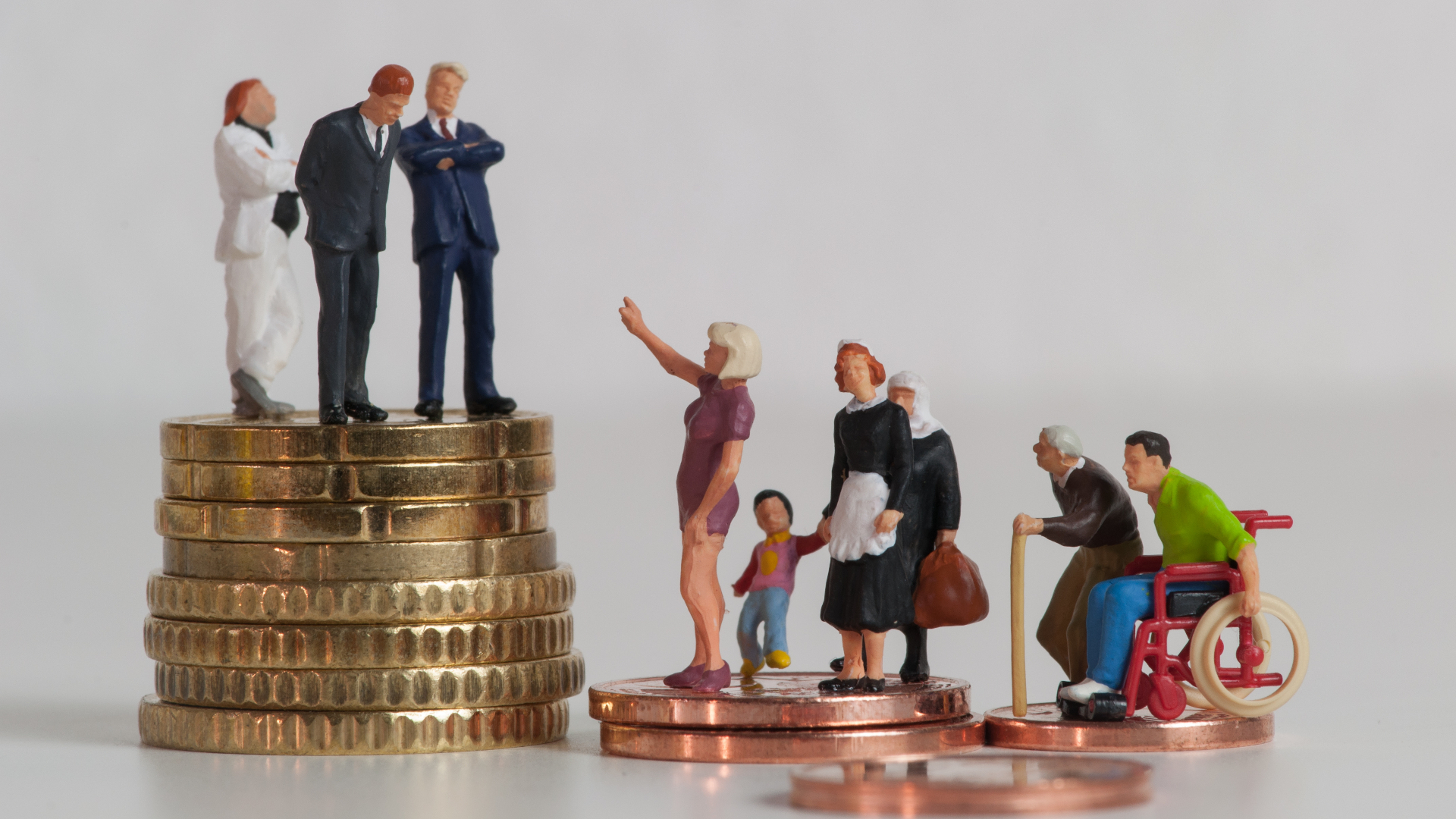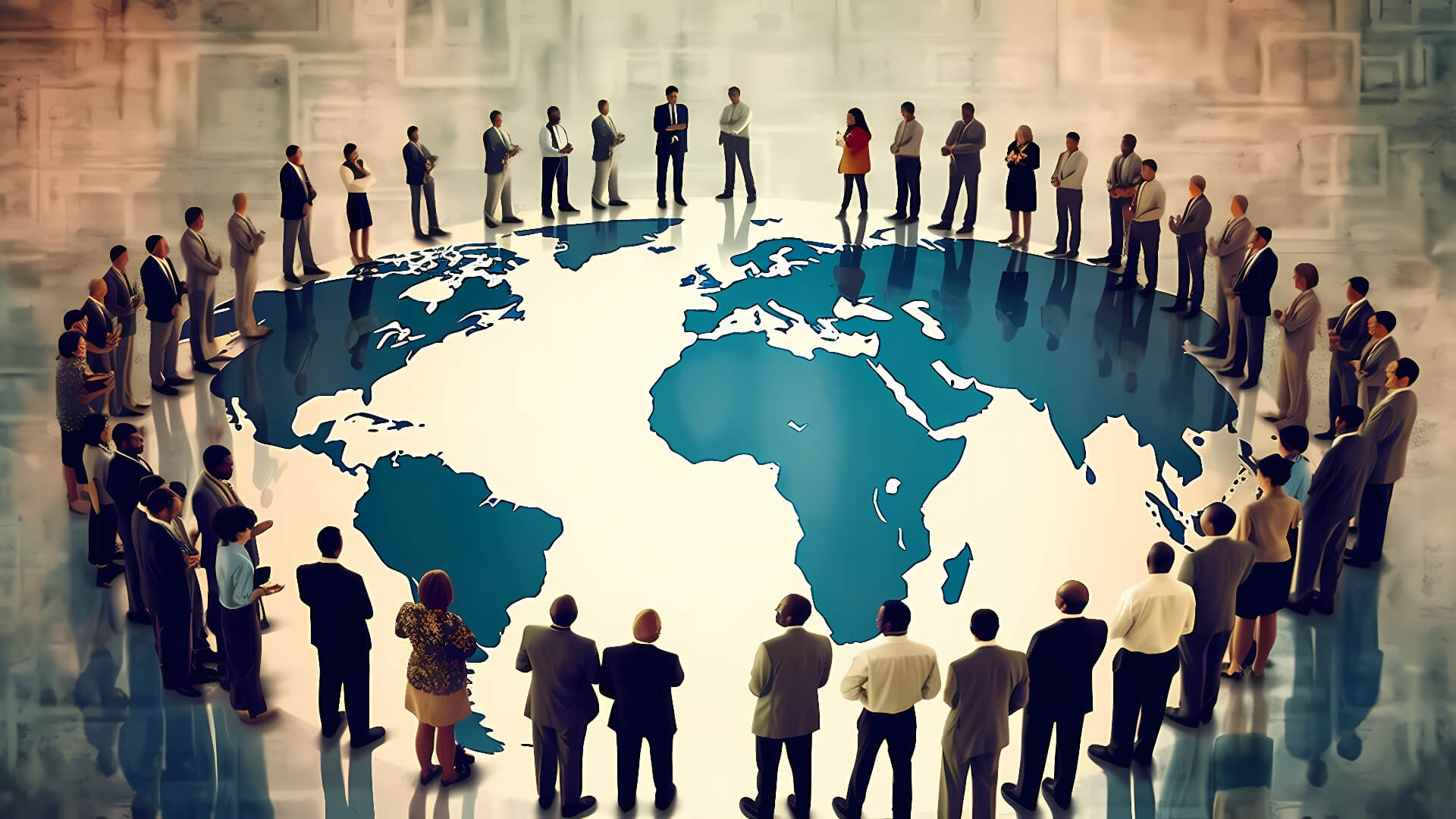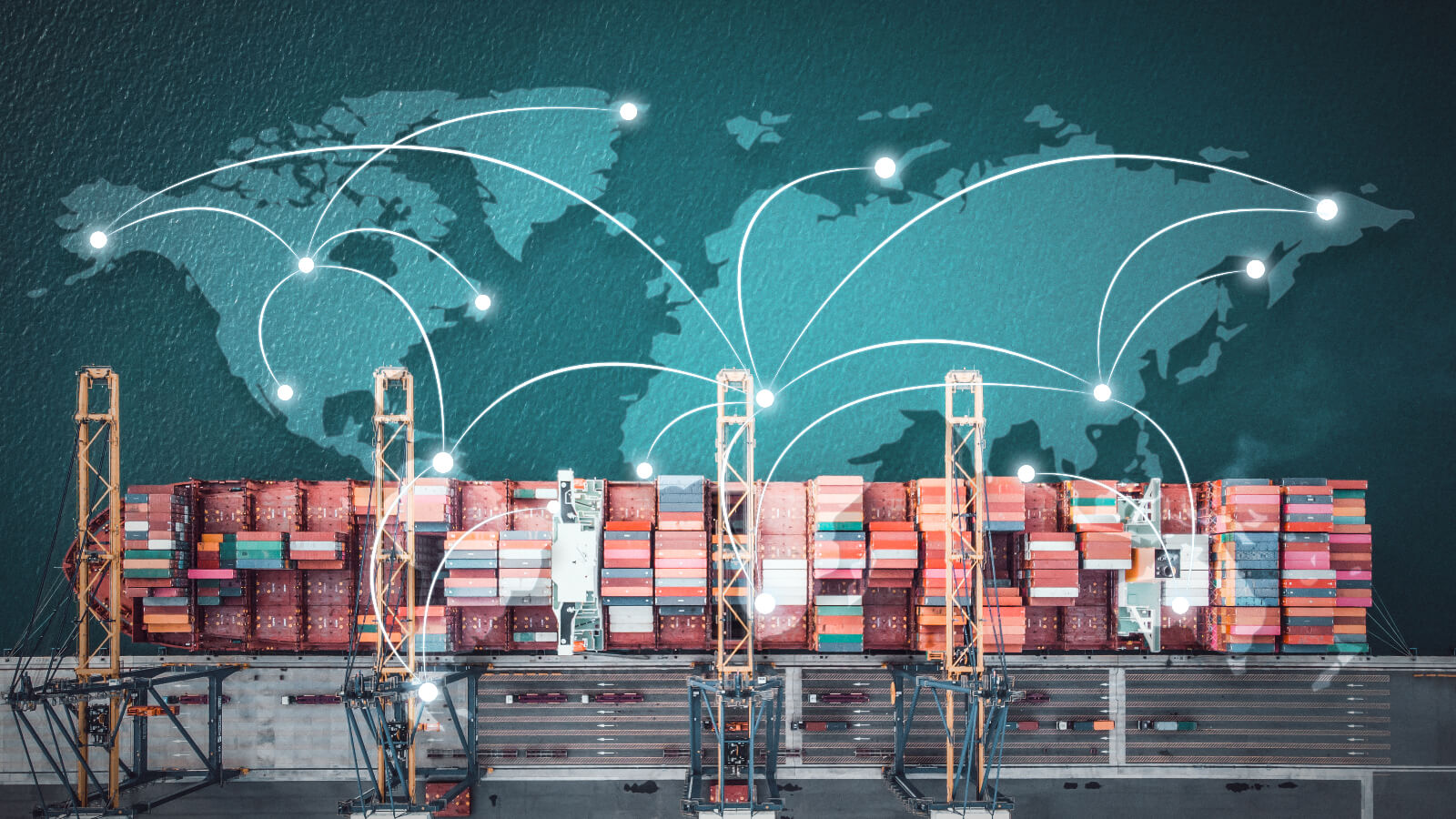Tag: globalization


To address poverty, we must forget about inequality
December 18, 2023 | Post
Looking at inequality doesn’t tell us anything substantial about prosperity in a given country. Is inequality the real problem, or is it poverty?

Why trade wars are wars on the poor
November 14, 2023 | Post
In the not-so-distant past, political leaders from both sides of the aisle in the United States held a general consensus on the benefits of free trade.
During their presidential campaigns in 2000, Al Gore and George Bush, despite their differences, at least agreed on the merits of fostering open markets.
Fast forward to the present day and we find Joe Biden and Donald Trump endorsing staunchly protectionist policies.
Let’s explore what caused this complete 180 and who bears the brunt when trade is restricted.

In defense of globalization
October 17, 2023 | Post
What is globalization? Globalization is simply the process of the free movement of goods, capital, people, and ideas around the world and across borders.
Globalization is a great boon to the world. It means more specialization and division of labor, which are vital components of economic progress. It makes rich countries richer and brings poor countries out of crushing poverty.
It might just be the greatest achievement in human history, but people don’t know this!

Globalization: a curse or a blessing?
September 14, 2023 | Post
For far too long, the fixed pie fallacy was the most widely held belief. When wars over resources were too costly to fight, society (not understanding that the ultimate resource is the human mind) went back to the good old trade wars of the mercantilist era. But something changed after the Second World War when Japan took a different path.

Free trade brings abundance — protectionism brings scarcity
September 29, 2016 | Post
When it comes to trade, the best US policy, or that of any country, is the elimination of all barriers to imports. This can be done unilaterally. Abundance should always be preferred to scarcity.

